
International Panel of Futurists
- Home
- Forum
- International Conferences
- International Panel of Futurists
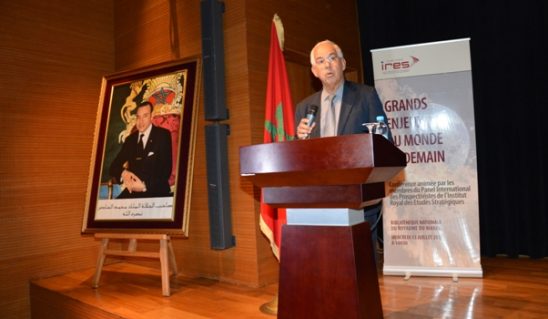
The Royal Institute for Strategic Studies (IRES) set up in 2016, an International Panel of Futurists from developed countries (USA, UK, Switzerland, France) and emerging and developing countries (Brazil, India, China, Russia, Mexico, South Africa, Egypt, Iran) and where gender parity is respected.
The objective sought by IRES comes under the ambition to develop a global vision that integrates the specifics of different continents, while enlightening Morocco’s strategic options, through anticipation of key transitions that will the Kingdom external context would encounter, at the global and regional levels.
The first meeting of this panel held on 11, 12 and the morning of July 13, 2016 at the headquarters of the IRES. It was devoted to identifying trends (stable or bifurcating), emergences and weak signals and their coherence to develop systemic visions in 2030 and 2050. Innovative alternative strategies to address major issues were suggested, paying particular attention to the euro-Mediterranean region and the African continent.
On the sidelines of this panel, a conference was organized by the Institute at the National Library of the Kingdom, the afternoon of July 13, 2016, on "Great challenges of tomorrow's world", in the presence of diplomatic corps accredited in Morocco, senior representatives of public and private sector as well as civil society actors and academic experts.
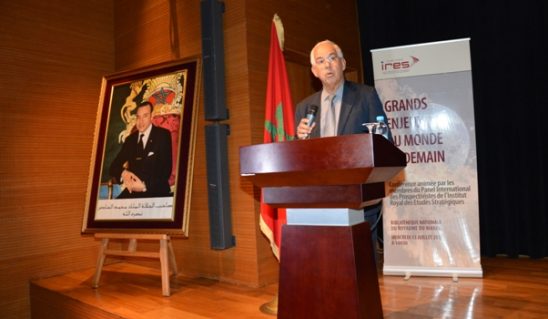
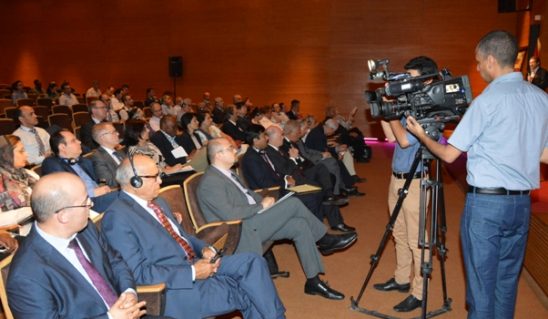
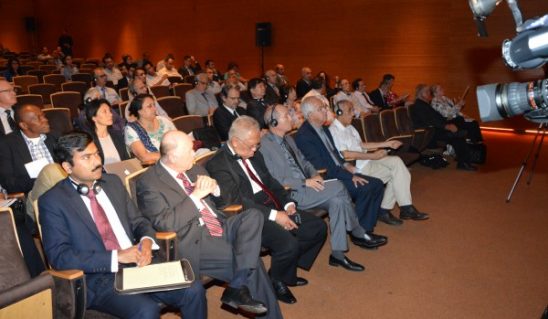
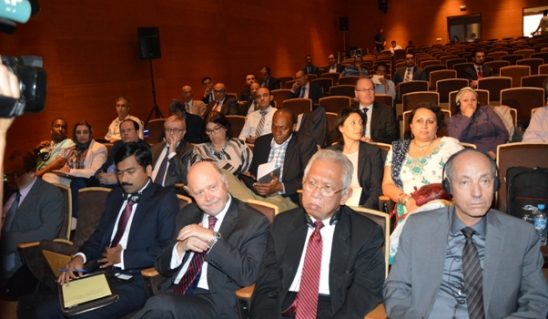
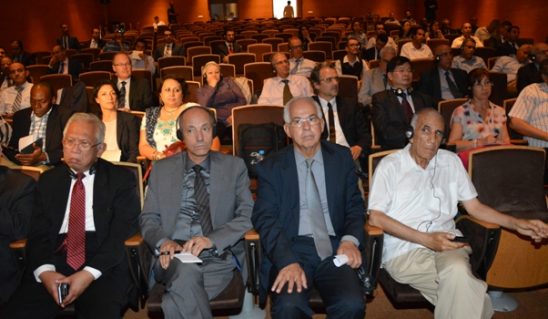
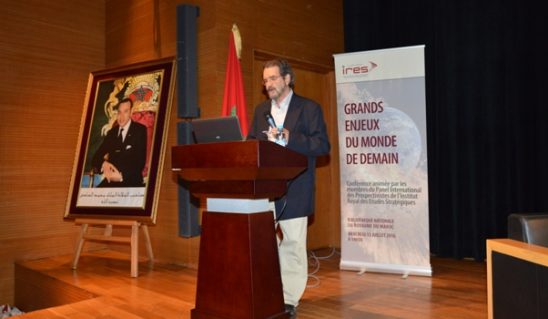
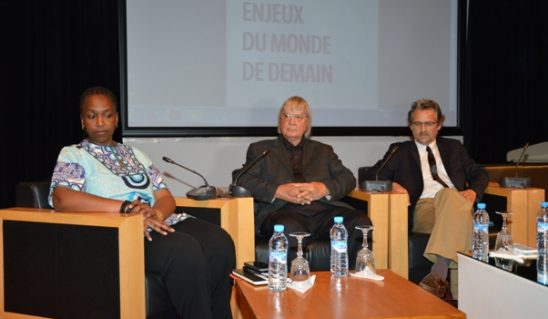
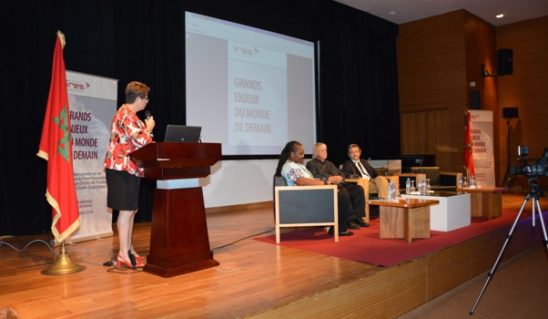
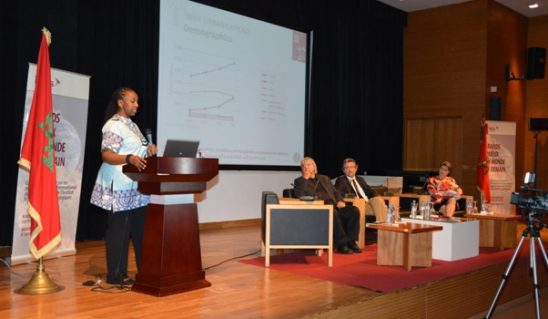
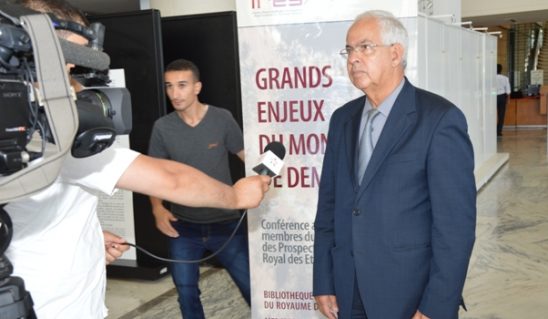
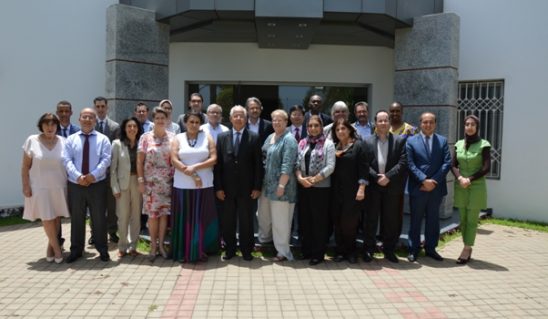
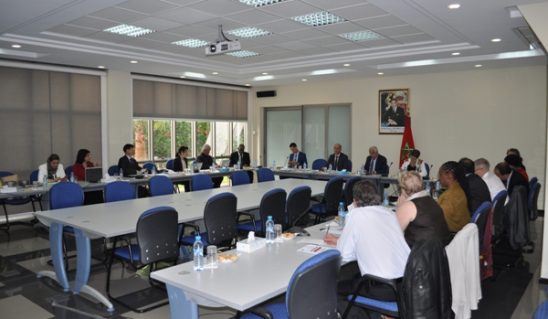
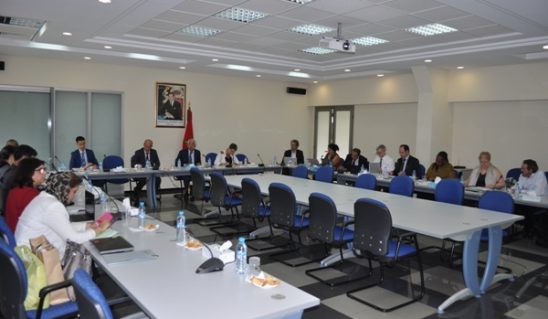
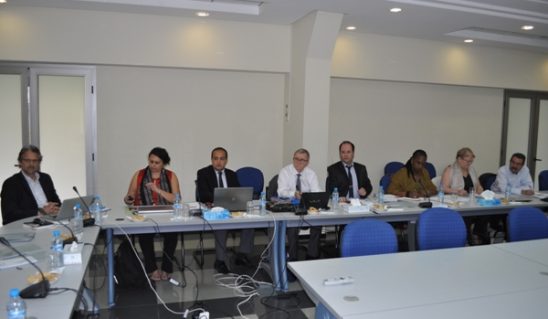
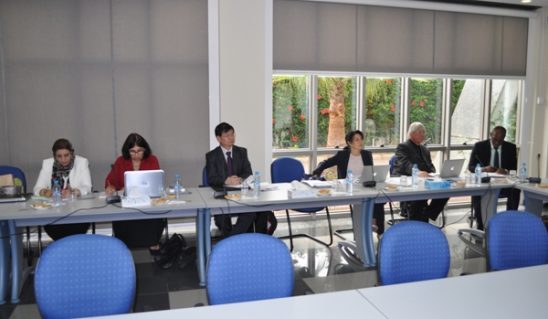
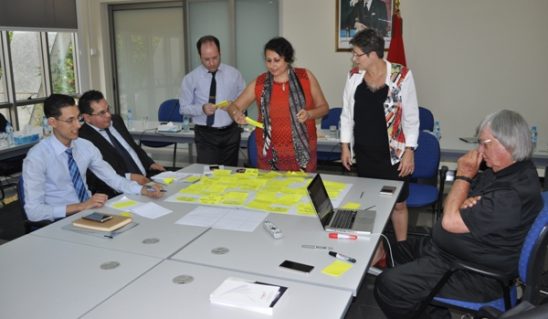
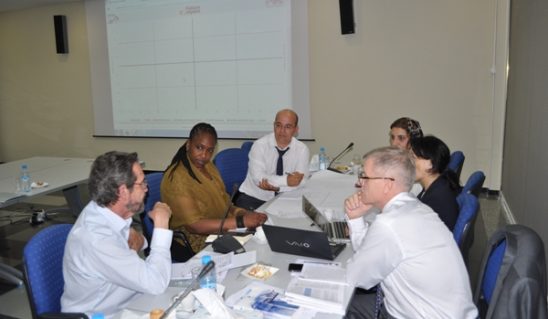
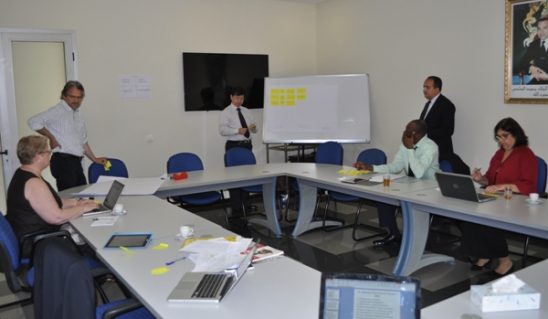
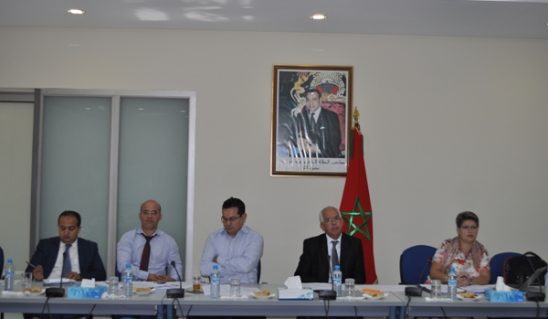
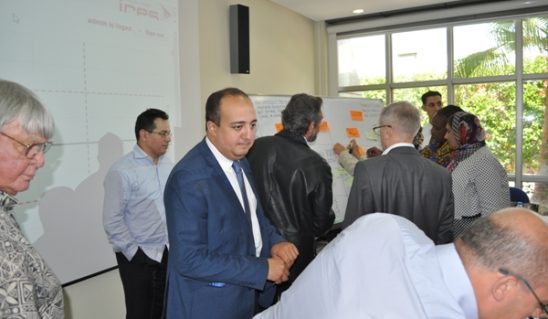
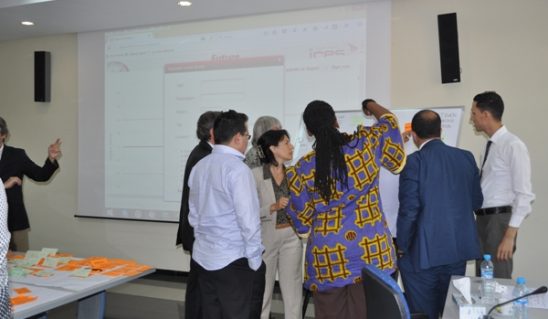
Monday 11 July
10 – 13
Sequence 1 : WORKING TOGETHER
- Opening by Mohammed Tawfik MOULINE, CEO of IRES,
- Self-introduction of participants
- Appropriation of the working method (Q/A)
- Creation of a common lexicon
- Choice of the representative speakers delivering the results at the public conference
13-14
Lunch
14-18
Sequence 2 : CROWDSOURCING
- Evidence-based identification of the main trends (stable or bifurcating), weak signals and emergences at the world level (possibly at a continent level)
Diner in the hotel
Tuesday 12 July
9 – 13
Sequence 3 : SENSEMAKING
- Systemic thinking from the results of Seq2 to form comprehensive alternative visions of the world in 2030 and in 2050
13-14
Lunch
14-17
Seq3 : identification of the most important issues at the world level (prioritization and clarification) – up to 5
Wednesday 13 July
9 – 13
Sequence 4 : Strategic thinking
- For each key issue, identification of innovative strategies implemented in different regions/countries. Elaboration of a set of alternative innovative strategies that could be recommended
13-14
Lunch
Public event at the National Library, Rabat
14.30
opening by Mohammed Tawfik MOULINE,
Director General – IRES
14.45
Opening keynote:
Dr Antonio ALONSO-CONCHEIRO, Chairman of the Iberoam Chapter,
World Futures Studies Federation.15.00
Round-Table: Tomorrows’s World
Moderator : Fabienne GOUX-BAUDIMENT, Director of Progective
Former President of the WFSF
Exponential urbanization questions not only our capacity to deal with waste, mobility or health but above all our ability to create a sustainable economic development for all urban people. Yet the economic system itself is going to be re-found by the Bitcoin revolution. And, behind and beyond algorithms, looms the way artificial intelligence and robots will drastically change our life.
With
Geci KARURI-SEBINA, Executive Manager for programmes at South African Cities Network and founding director of the Southern African Node of the Millennium ProjectChristopher CORDEY, CEO of Futuratinow, member of the World Future Society (WFS) and the Association of Professional Futurists (APF)
James A. DATOR, Professor Emeritus and former Director of the Hawaii Research Center for Futures Studies16.00
Question and answer16.45
Pause-café17.00
Round-Table: Tomorrow’s BiosphereModerator : Fabienne GOUX-BAUDIMENT
The future of humanity might be a much darker one if unleashed climate change keeps its promises: water and food could become the next luxury for some happy few.
with
Aditi KAPOOR, Co-founder of Alternative FuturesNisreen LAHHAM, founder and Head of Futures Studies Forum for Africa and the Middle East (FSF), advisor for the Deutsche Gesellschaft für Internationale Zusammenarbeit (GIZ), at the Water Policy Sector Program
Wendy SCHULTZ, Director of Infinite Futures, Vice President Operations of World Futures Studies Federation.
18.00
Question and answer18.15
Closing address
[huge_it_videogallery_id="10"]
- Mot d’introduction de M. Mohammed Tawfik MOULINE, 11 juillet 2016
- Mot d’ouverture de M. Mohammed Tawfik MOULINE, 13 juillet 2016
- Présentation de M. Antonio ALONSO-CONCHEIRO
- Présentation de Mme Geci KARURI-SEBINA
- Présentation de M. Christopher CORDEY
- Présentation de M. James A. DATOR
- Présentation de Mme Aditi KAPOOR
- Présentation de Mme Nisreen LAHHAM
- Présentation de Mme Wendy SCHULTZ


